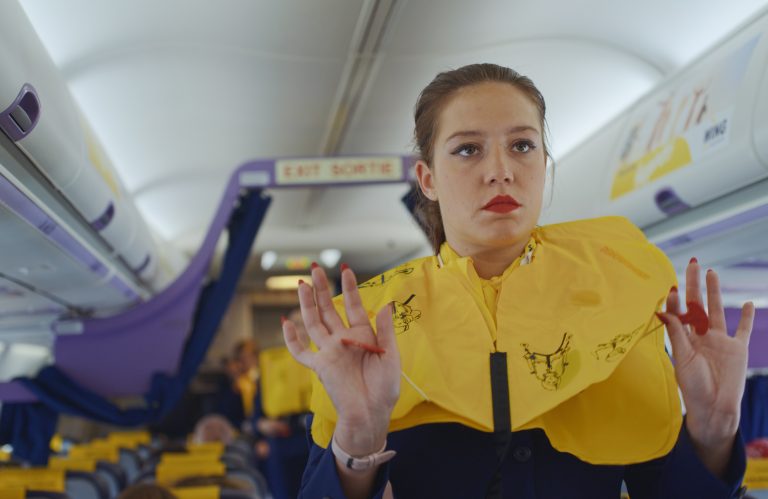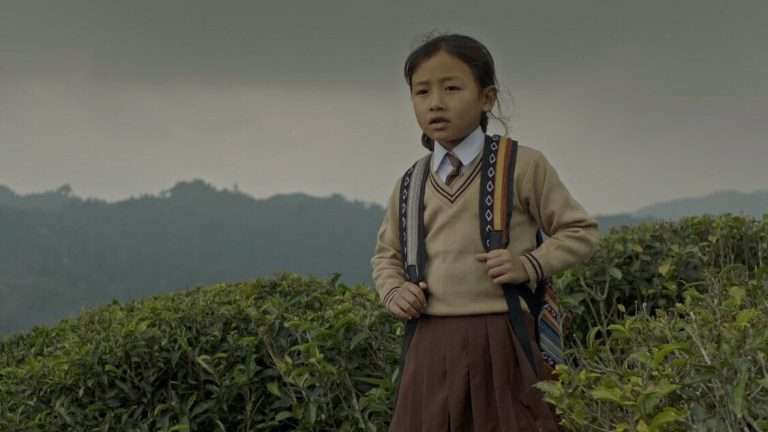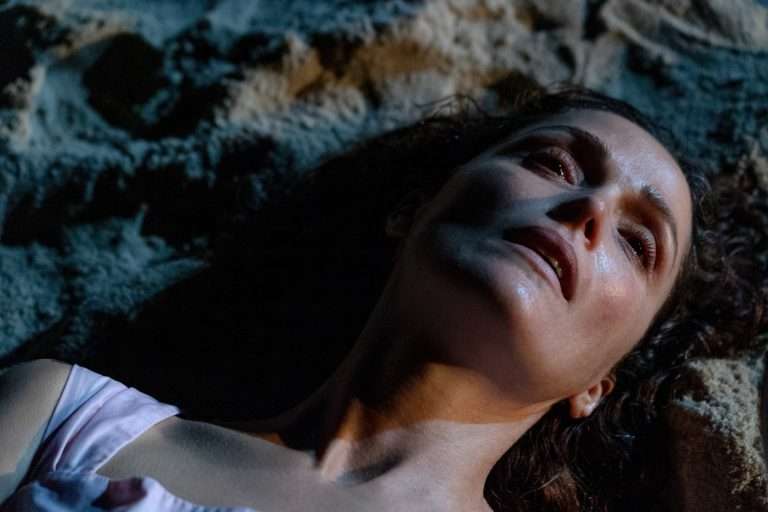This will be a very personal review for me, as Gone Girl is, to date, my favorite movie. You probably already understand where this review is going, so if that’s what you wanted to know, whether I liked the movie or not, you’ve got your answer. If, however, you’re interested in the “yes, but why” part of this article, read on.
Gone Girl, based on the book with the same name, and written by Gillian Flynn, is clearly a well-loved piece. The book has stirred up the literary community in big waves, and now it was adapted to the big screen, by a master of his craft. David Fincher, the director of the movie, doesn’t need my praise to establish him as one of the greatest minds in cinematography, as his collection of works has already spoken volumes for his reputation. He is truly an artist before a canvas, bending his worlds to show us the truth in ours. As such, the world created by him in this movie is, to me, one that tells several stories at once, and mainly, the story of a couple, and the story of a society.
I will not go much into exploring the couple’s story. It is the in-your-face plot, the thing that moves, and the one you hear first, and yet, for me, it is secondary to the story that happens, as it were, in its background. You see, after I have finished watching Gone Girl for the first time, I had a good hour or so when I was speechless in the truest sense of the word. I wanted to talk about the movie, but I was just too busy processing what has just been slowly creeping under the surface of it, to be able to coherently draw any smart commentary.
For me, Amy Dunne’s character, as fascinating as it is, is not where the moral is hidden. I think the lesson to take from this movie is closer to that of Peter Vronsky’s “Sons of Cain”, where he declares: “We have met the enemy, and he is us”.
I mean, sure, she has her issues, and some of her actions would be viewed as over-the-top by the majority of the population, but isn’t she a product of her environment? She was raised in a rich home, by parents who never saw her as she was, always like someone who isn’t who they wanted her to be, and they took it out on her by creating an “alternate child” that they loved more. So she learned that people believe in the image you create for them. She wasn’t told she is good as she was, so she learned to lie and pretend, and then she did just that. She used this image as her tool in obtaining what she wanted, and if you see through the murder and the lying, all she wanted was to be loved and seen as she really was.
What impressed me is that we decided, as a society, to see the villain in the murderer, and not look in “our garden” for the culprit. Yes, we become a part of the society in this movie, when we start to go with the media and take sides as we are guided through the film. Would we be in there in the first gathering, offering Nick our support with the hope that he would notice our good cooking skills, now that he is potentially single? Would we be the girl trying to take a selfie with the hot topic of the day, to get us a slice of that publicity cake, and act all defensive when he tries to take that cake back? Would we be the TV woman, mouthing off on a topic we have zero evidence on, and knowledge of? Oh, I think a lot of our society would go here. How is David Fincher pointing the finger at us now? In this century, we are our own private Media, sharing opinions, breaking news, and biased conclusions, unfounded, and often not linked to the subject matter with any tangible piece of reason. Aren’t we there in the movie too, asking Nick if he killed his wife? If this were a real-life case, wouldn’t we be sharing a petition of some sort, asking for retribution? Just look at the case with the real-life actor who was fired from a show he carried on his shoulders and then erased from a half-filmed movie, who has had all doors closed before him before anything was even discussed in court. Felling any resemblance?
Further on, the plot twists quite casually.
I found the reveal to be a little too easy on the viewer when Amy Dunne stops reading diary entries and starts her monologues, and the “soon to be dead” part, throwing pink pens while driving off in a car. There was no “what’s in the box?!” moment, or big reveal with shocking background music. There was just a woman following her check-list, casually framing her husband for murder, and a viewer’s perspective, forced to shift. Have you felt the uneasy way you admitted that the guy didn’t actually murder his wife, and the news anchor who was your gospel of truth, should have known better? Did you despise her for being so loud and then faking friendship to Nick in the subsequent interview? Or did you still think that he deserved what was coming for him because he cheated on Amy? Were you just as loud on blaming Amy’s actions as you were on blaming Nick’s?
Related to Gone Girl: Every David Fincher Film Ranked
All of these questions, I am asking them as a way of showing you my own introspection through the movie, and in this train of thought, I think, the genius of the film is found. Oh sure, I am not dismissing the directorial work itself, the music, the camera work, the lights, the angles. All of them are marvelous, but in the end, all of them are also just vehicles for the idea of the movie. You may have seen the revenge story of the villain who gets her own in the end, and the guilty husband duly punished. But I have been taken on a ride into my conscience, down there, where I know things are not about her as much as they are about me, as an individual, and about us, as a society. You see, I think Gone Girl is brilliant because, in a way, it shows us who we really are. It makes us see it inside of our thoughts, and it knows that we saw it. David Fincher closes this film as if he promises us not to tell anyone, and changes the subject, leaving us silently thankful that we don’t have to talk about it.
Gone Girl is part of our list of the Best Revenge Movies
Gone Girl Trailer
Author: Eugenia Brashovsky
Bio
“[…] a truly brilliant mind, but it was brilliant like a fractured mirror, all marvelous facets, and rainbows, but, ultimately, also something that was broken.” – Terry Pratchett




![Samrat Prithviraj [2022] Review: An Audacious Display of Right-wing’s Incompetence](https://79468c92.delivery.rocketcdn.me/wp-content/uploads/2022/06/Samrat-Prithviraj-2022-768x427.jpg)
![Krisha [2016] : A Rotten Turkey](https://79468c92.delivery.rocketcdn.me/wp-content/uploads/2016/12/krisha-1-768x415.jpg)
![Revisiting 27 Down [1974] On MUBI: Some Journeys Linger On In Our Minds](https://79468c92.delivery.rocketcdn.me/wp-content/uploads/2020/10/27-Down-768x403.jpg)
